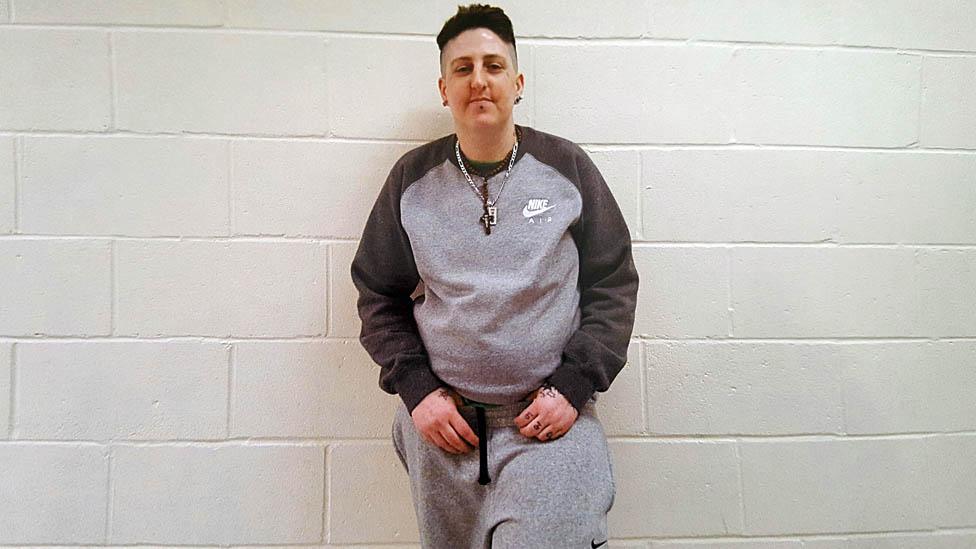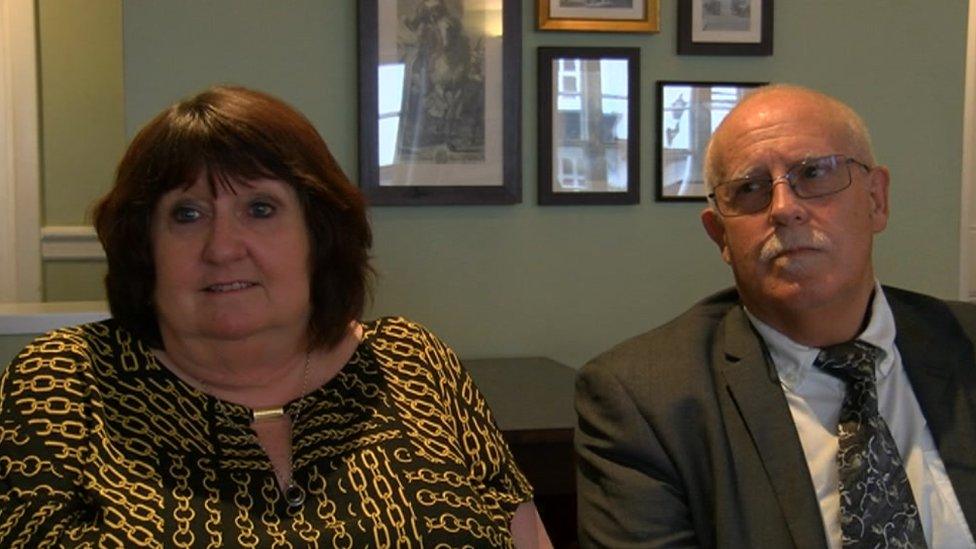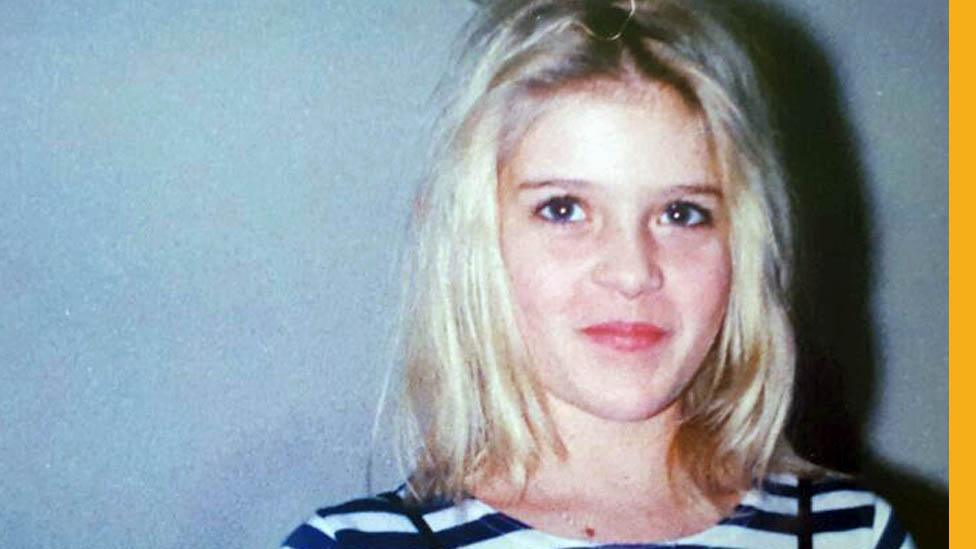Peterborough prison death family 'treading water'
- Published

Charlotte Nokes suffered from borderline personality disorder
The family of a woman who died in prison while serving an indefinite term say they feel like they are treading water after an inquest into her death was delayed.
Charlotte Nokes, 38, was sentenced to 15 months but had served more than eight years at the time of her death on 23 July 2016 at HMP Peterborough.
Her family want answers about her death but are struggling with legal costs.
An inquest was due to be heard at Huntingdon Coroner's Court on Monday.
Ms Nokes, who was from Hayling Island, near Portsmouth, suffered from a personality disorder and was serving an Imprisonment for Public Protection (IPP) sentence.
'No danger' condition
These were abolished in 2012 but remained in place for those already serving the sentence.
Prisoners such as Ms Nokes were given a minimum term but not released until a parole board was satisfied they were not a danger to the public.
Ms Nokes, who suffered from borderline personality disorder, already had a lengthy criminal record when she was convicted of robbery leading to the IPP.
The family have used crowdfunding to pay for costs and been granted some legal aid for the inquest after applying for support, but said further delays increased costs, including those to cover accommodation during the hearing.
Legal aid is not normally provided for civil cases such as inquests.

Charlotte Nokes' family say they want answers
Her mother, Sue Anderson, said the ongoing inquest process meant the family was unable to move on.
She said: "It has been very hard; there's no closure so you can't get on with things. It is still a grieving period.
"I feel it is unnecessary, but I don't know how the law works. At the end of the day all we want to do is find out how Charlotte died and if anyone was responsible for it."
Ms Nokes' father, Steven Nokes, said it felt like a trial. He said other interested parties, including the Prison Service and NHS, were paying for barristers, which the family would struggle to pay for without help.
He said: "Nothing is going to bring her back but if we can get some answers which actually saves anybody else from going through this it is worth it."

Charlotte Nokes died in July 2016 but her inquest is yet to be heard
A Ministry of Justice spokeswoman said: "While our review of legal aid showed that representation is not necessary for the majority of inquests, we are making changes to ensure there's more support for bereaved families and conducting a review of the means test.
"Bereaved families also have a special status which means that the coroner can ask questions on their behalf to help ensure they get the answers they need."
- Published30 March 2017
